Busting the Myths in Hereditary Cancers | Ms. Divya Udyawar | Genetic Counselor | Mumbai Oncocare Centre
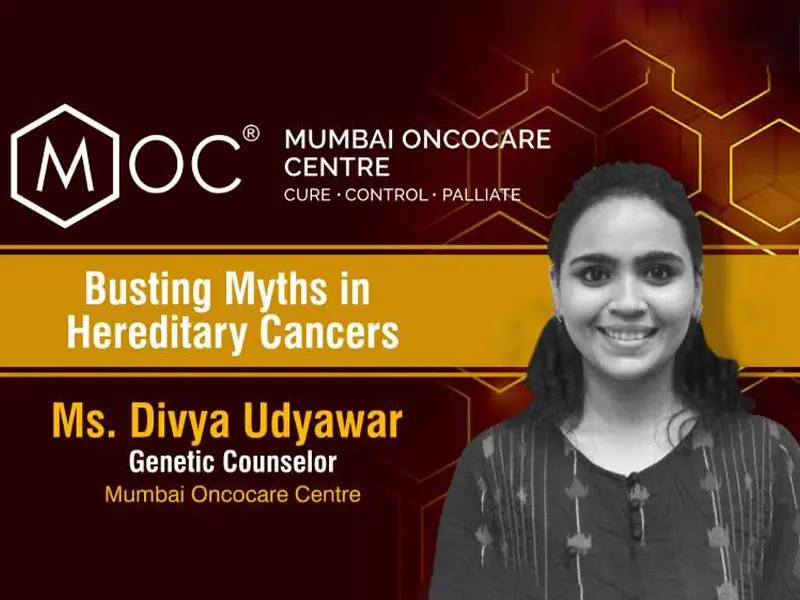


Hereditary or Familial Cancer is not a very well understood subject in the Indian society. Hereditary Cancers refer to those in which the risk of developing cancer is passed from one generation to the other through faulty genes. There are numerous myths spread around it by well-wishers and through the internet. These myths create needless worry to the families of cancer patients and further hinder the efficient treatment and/or preventive decisions. Mumbai Oncocare Centre, a chain of daycare centres for cancer treatment, wishes to help patients and clinicians debunk common myths or fallacies about hereditary cancers by offering an authentic information on this subject to the readers.
Myth 1: All cancers are hereditary.
Only 5-10% of cancers are hereditary in nature. Hereditary cancers are only confirmed when a genetic change is identified in any of the 'Cancer Susceptibility Genes', in the blood or saliva sample of an affected individual.
Myth 2: Hereditary cancers are passed-on only from the maternal side. Almost all hereditary cancers can be passed from either gender. Both males and females can be carriers for alterations in cancer susceptibility genes. Although, inherited alterations in certain genes make a particular gender more susceptible to certain cancers. One of the most commonly known examples is BRCA1 and BRCA2, in which females become more susceptible to developing breast and ovarian cancers.
Myth 3: All children of a cancer affected individual having a genetic mutation will get cancer.
Most hereditary cancer syndromes are caused due to variation in a single copy of the gene. Thus, there is a 50% chance of the individual?s children inheriting the variation. Inheriting the genetic variant only increases an individual?s lifetime cancer risk to the ?moderate to high? category. It does not imply that they will definitely get a cancer.
Myth 4: Knowing the genetic mutation status in an already affected individual is not important.
Individuals who are carriers of a hereditary cancer syndrome can be at a lifetime risk for multiple primary cancers. Hence it is important to pursue genetic testing and learn about the mutation status. Also, there are targeted cancer therapies known to be more effective for individuals with genetic mutations, aiding in personalized treatment for them.
Myth 5: Hereditary cancers do not have a cure.
There is no cure to reverse the genetic alteration causing the cancer, but the cancer caused by them definitely has a cure. With regards to the treatment approach, hereditary cancers are no different than other cancers. Few of the hereditary cancer syndromes even have a effective therapeutic approaches available.
Ms. Divya Udyawar, MSc.
Certified Genetic Counselor, Cancer Genetics
Mumbai Oncocare Centre
Email- Genomiconcology@mocindia.co.in
Website- www.mocindia.co.in
Latest Blogs
-
![Nidar Naari is a movement initiated by M|O|C Cancer Care & Research Centre]()
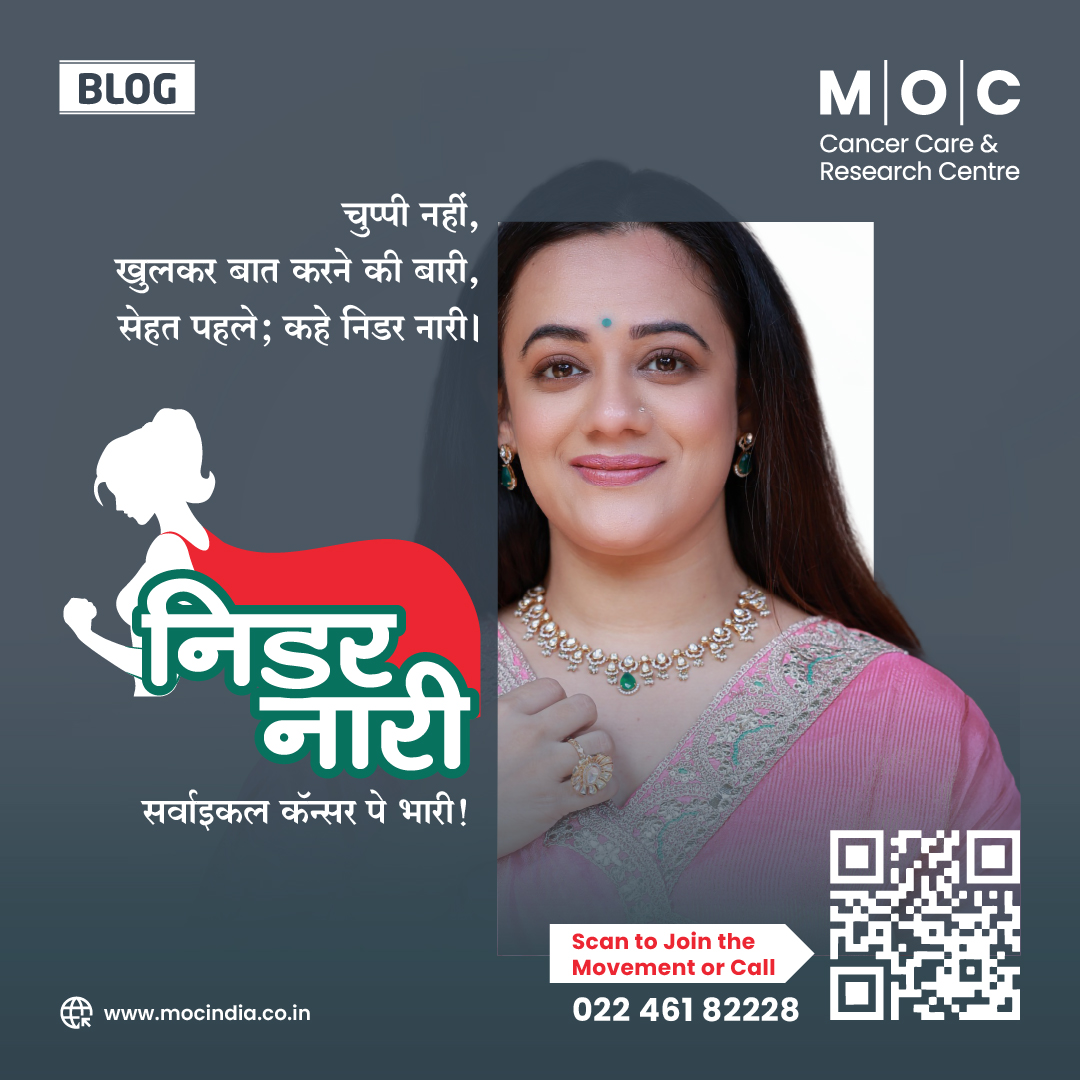
- 10th Feb, 2026
- Nidar Naari is a movement initiated by M|O|C Cancer Care & Research Centre
-
![Cervical Cancer Awareness Month- January 2026]()
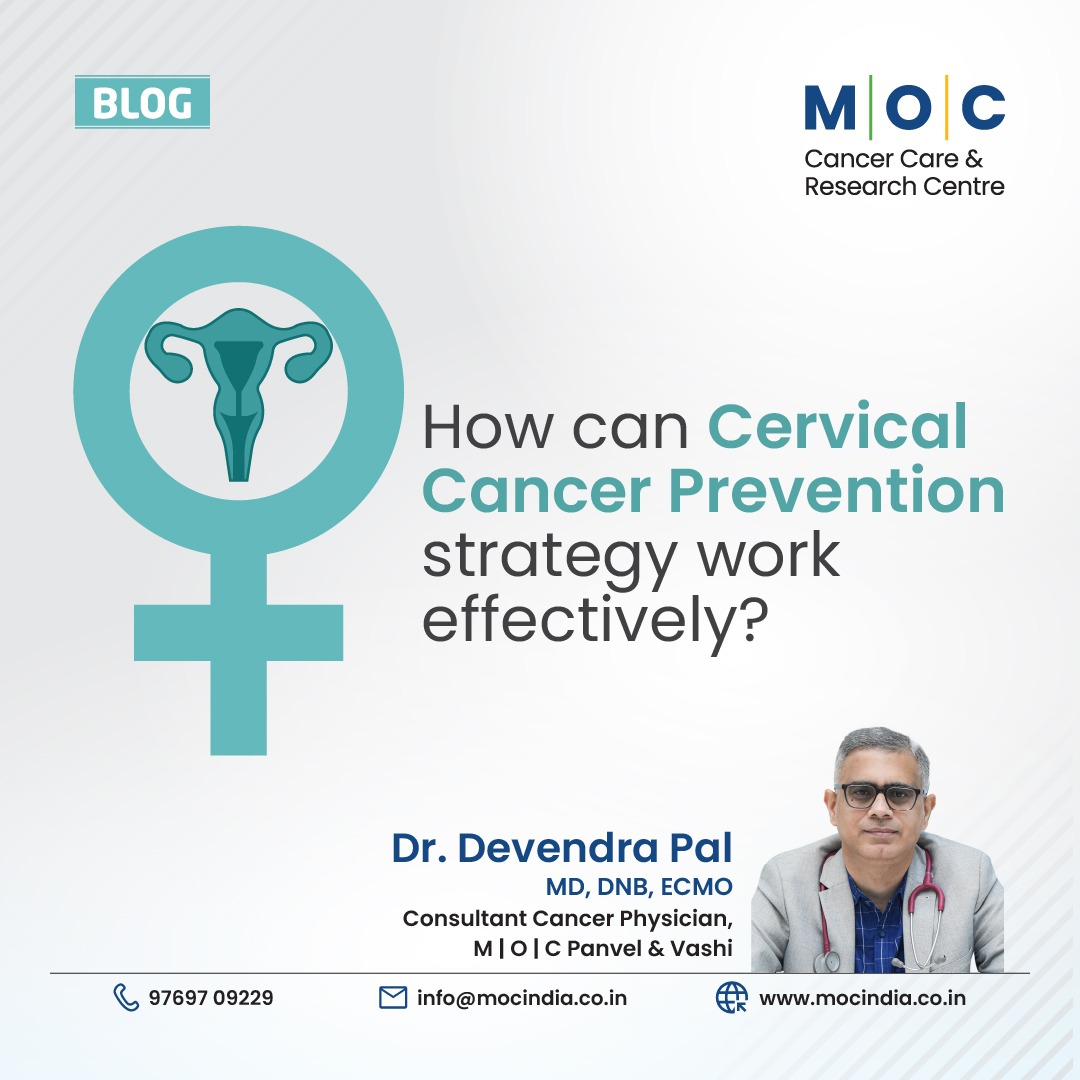
- 23rd Jan, 2026
- Cervical Cancer Awareness Month- January 2026
-
![Why Vaccinating Boys Against HPV is a Win for Everyone ?]()
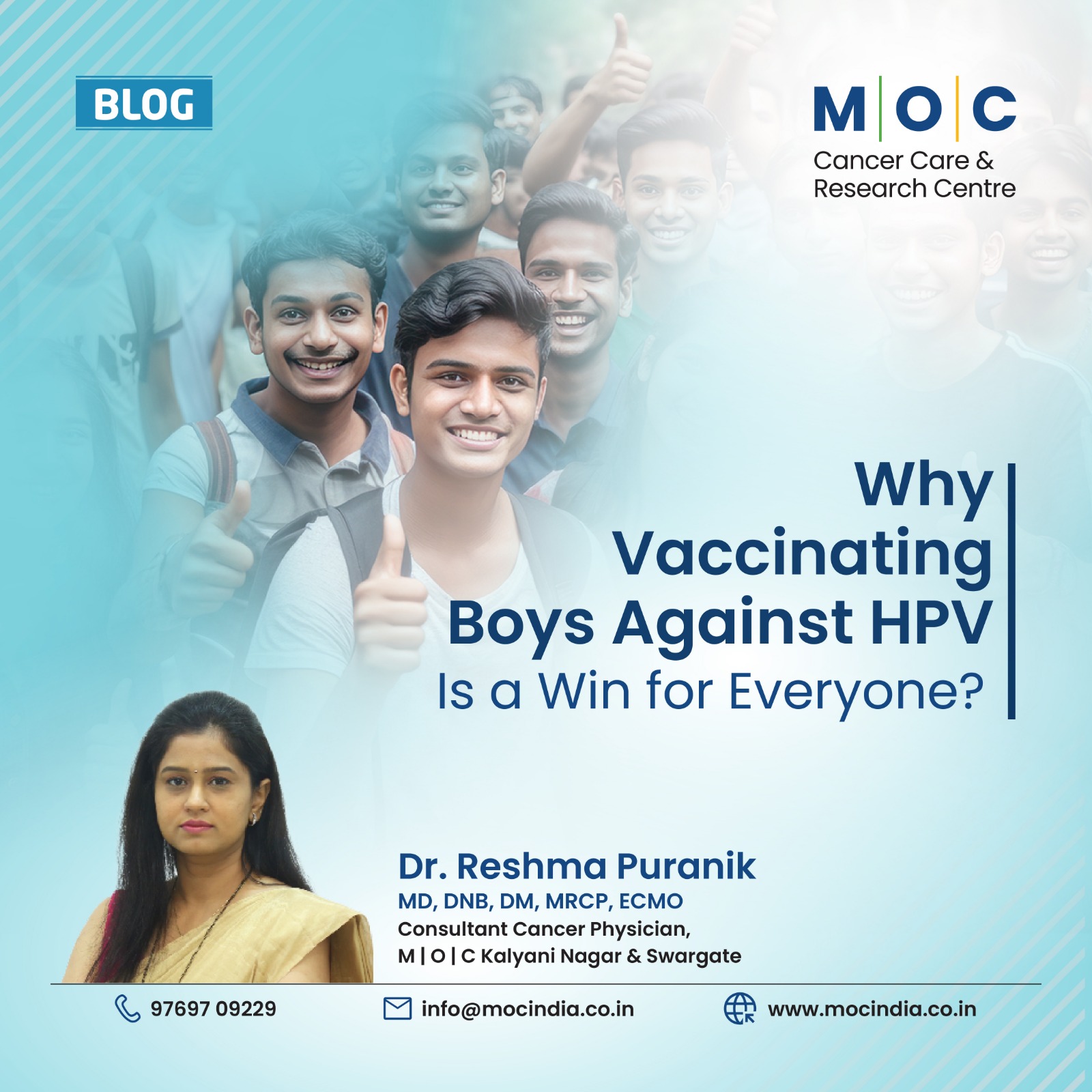
- 20th Jan, 2026
- Why Vaccinating Boys Against HPV is a Win for Everyone ?
-
![Are Pollution and Chemical Exposure Driving the Rise of Blood Cancer Cases in Children?]()
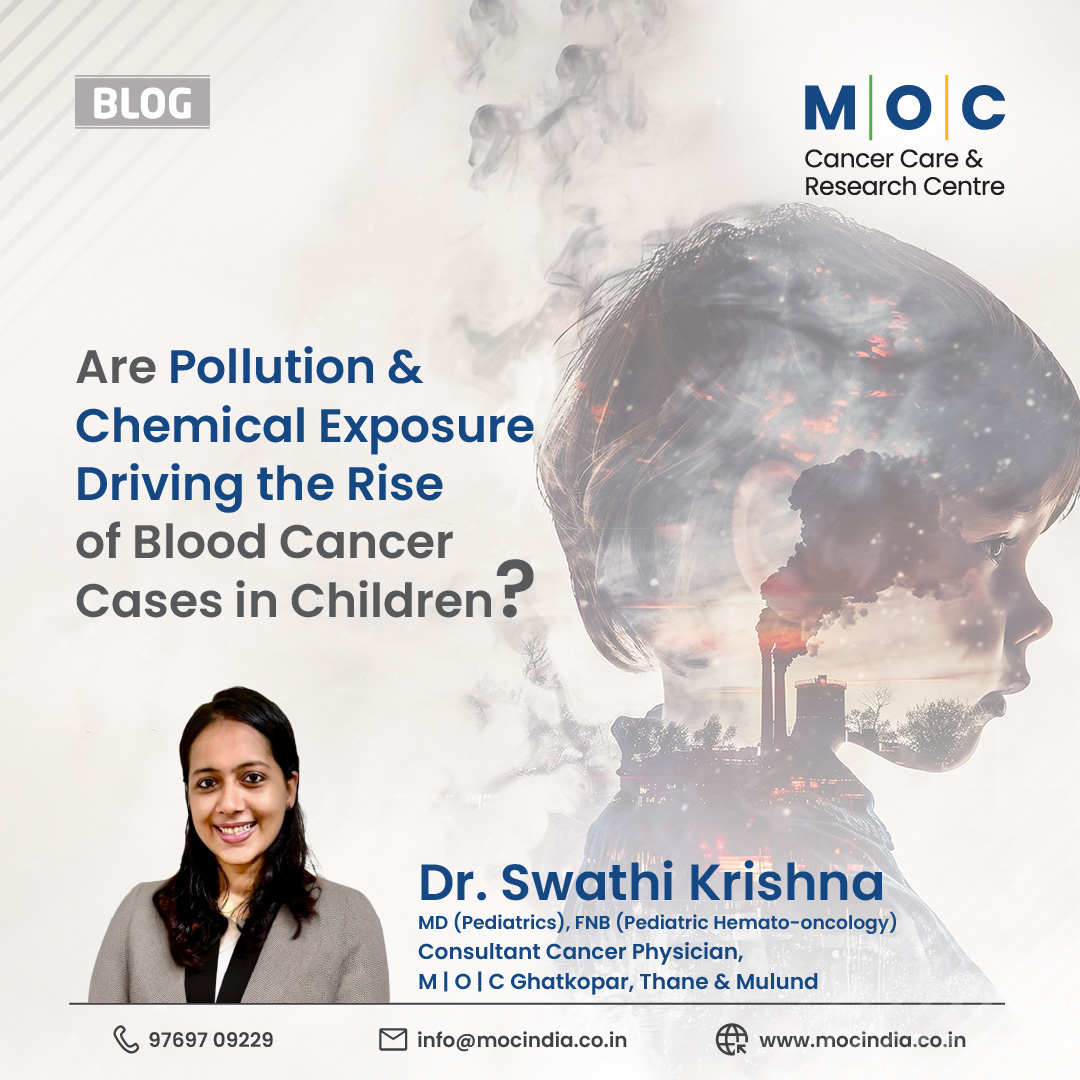
- 17th Jan, 2026
- Are Pollution and Chemical Exposure Driving the Rise of Blood Cancer Cases in Children?
-
![Significant Advancements in Cancer Treatment in 2025- Dr Kunal Jobanputra- M|O|C Kemps Corner and Mahim]()
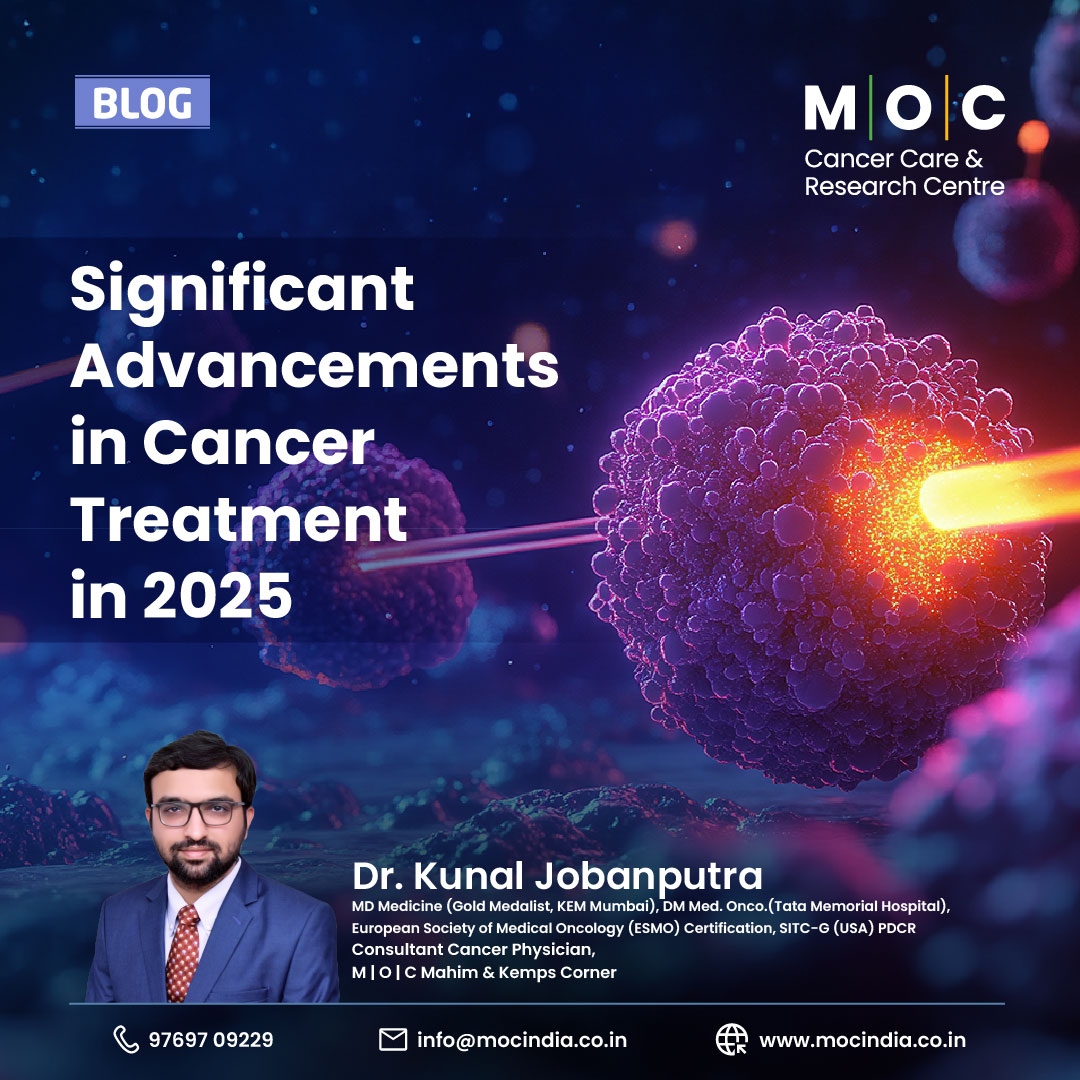
- 12th Jan, 2026
- Significant Advancements in Cancer Treatment in 2025- Dr Kunal Jobanputra- M|O|C Kemps Corner and Mahim
-
![Managing sleep disturbances during and after cancer treatment]()

- 11th Dec, 2025
- Managing sleep disturbances during and after cancer treatment
Book Your Appointment








